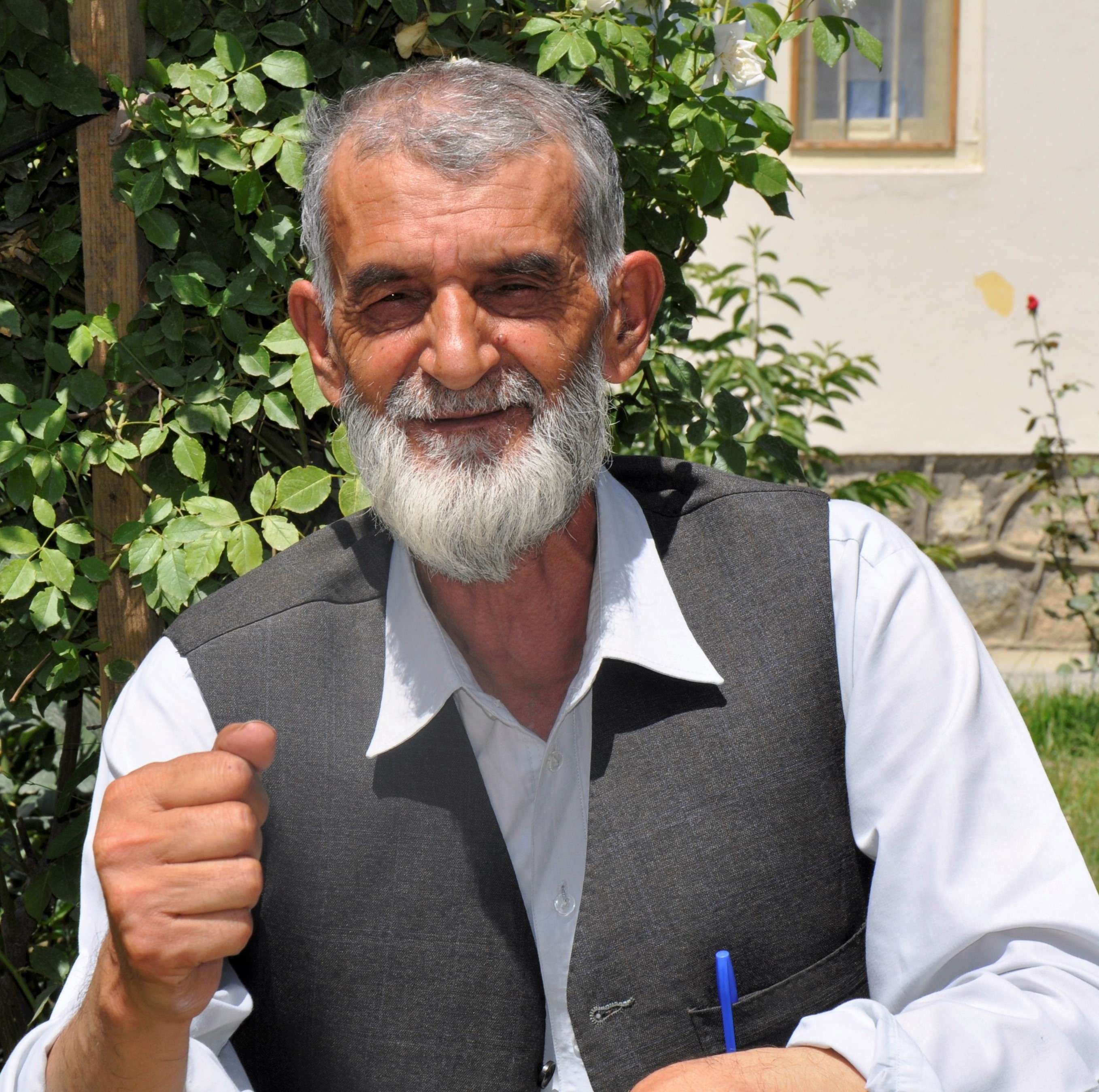Rahman converts project plans in to schools
Abdul Rahman is one of more than 5 000 employees at SCA that ensures that project plans turn into reality, that money from the donors is converted to schools for the children. During 19 years he has worked for SCA, and is titled Education Field Supervisor.

“The teachers who have experience may not need as much support. But some of the newly recruited I may have to visit every week, and sometimes be in daily contact with them”, says Rahman, when he explains the way he works to support the six schools that are under his supervision.
But it takes a lot of preparation before work progress so far that it is time to support individual teachers. If a new school is to be opened Rahman starts with gathering the elders in the village, to inform them about what is expected from the local community. In the SCA Community Based Schools it is the local community that stands for all the practical things around the school. SCA is responsible for hiring teachers, teachers’ salaries, school books, training for teachers and monitoring.
The villagers must come together to organize a school building, sometimes a farm, sometimes tents and sheeting. They must arrange water to the school, digging latrines, and much more. The local community should elect a School Management Team (SMT), which handle the relationship between the local community and the school. Every trustworthy person in the village can be selected for the SMT, with the exception of young men. Since many of the teachers are young women, it is not considered appropriate to include young men in SMT.
“Every new school year requires a lot of planning; how many children are there, how many classes are needed, how many school books, how should the schedule be structured?”, says Rahman.
Then comes the issue of monitoring and supervision. Rahman is in close contact with his six schools and try to help if problems arise. As an example, he mentions how he can intervene if a boy is dropping out of school because the parents consider that the he must take care of the sheep.
“I usually talk about the future with the parents. What happens when the boy grow up and has no education. Then it can be difficult to earn a living,” says Rahman.
“But this does not happen very often. Nowadays most parents realize the benefits of education, and there are not many kids who drop out.”
Rahman works for SCA office in Taloqan, in the northern part of the country. He is responsible for schools in Yangi Qala district, a region near Tajikistan. A small part of the district, where one of the schools are located, is controlled by the Taliban. But also this school operate as usual.
“The only requirement from the Talibans is that from fourth grade and up the girls must have female teachers, says Rahman.